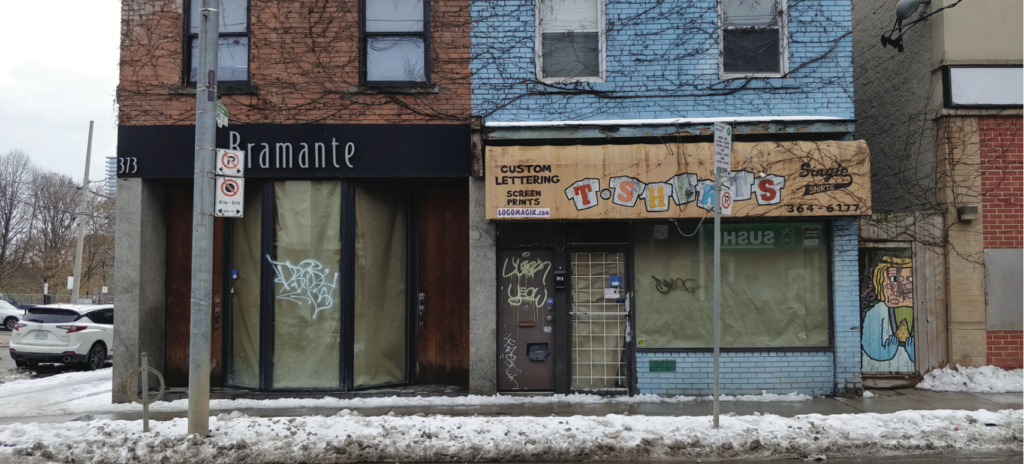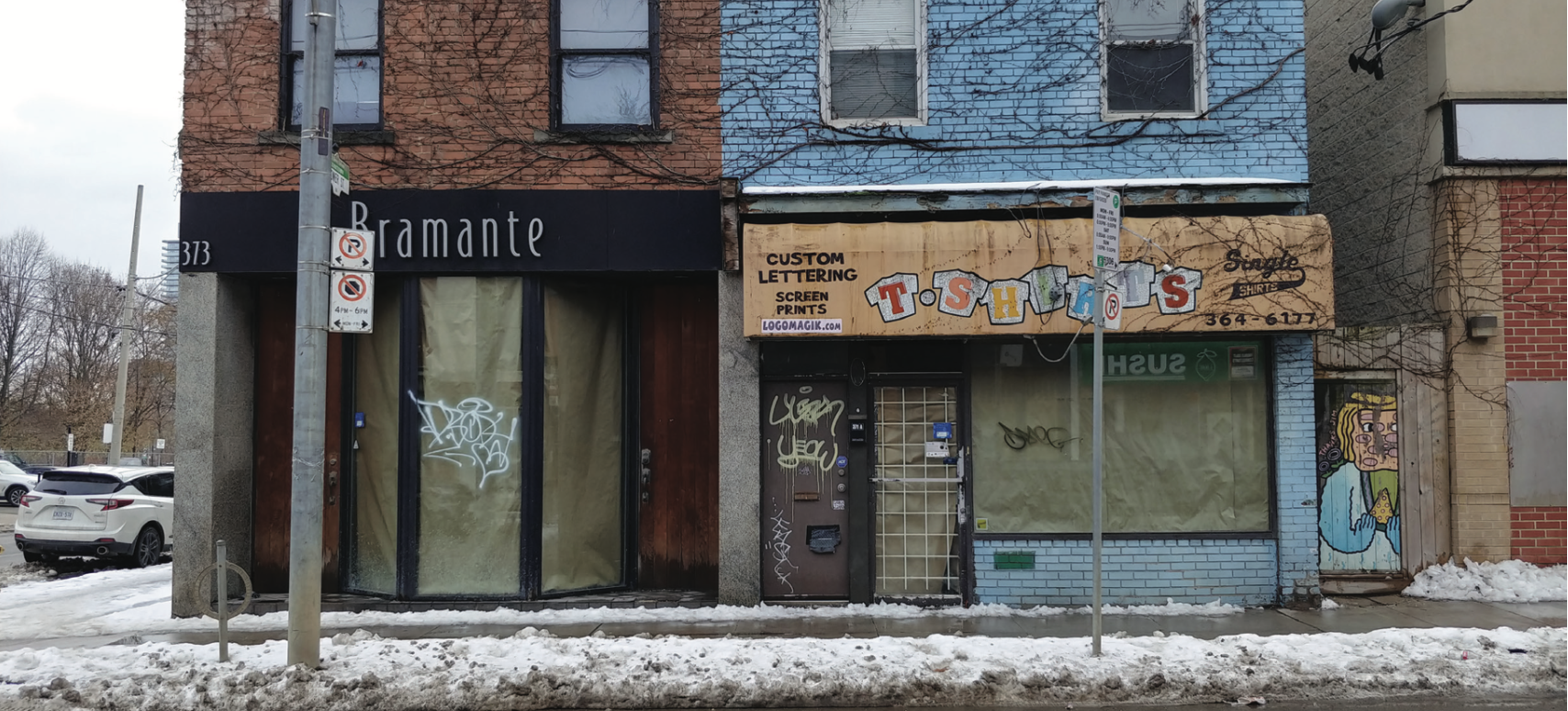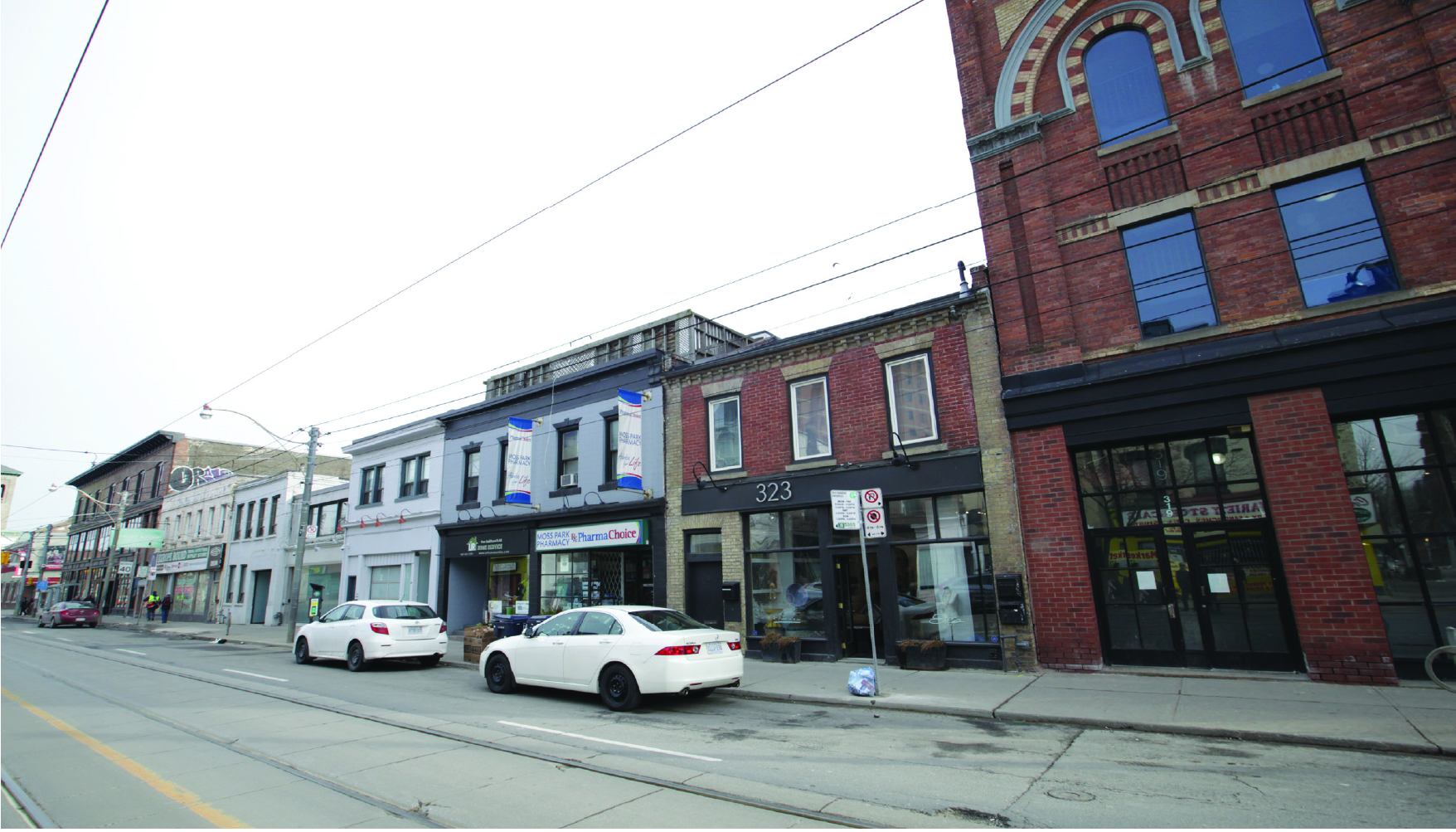By Ben Bull
As the coronavirus continues to ravage our community, Toronto business owners are wondering how much longer they can stay afloat in the face of the prolonged economic slowdown.
Small businesses are a major engine of Canada’s economy. As of December 2017, businesses with 1 to 99 employees made up 98% of all employers in Canada. From 2013–2017, small businesses employed 70% of the private work force and were responsible for 67% of employment growth. Government statistics for 2014 show that small businesses contributed approximately 30% of Canada’s gross domestic product (GDP).

Most small businesses are mom-and-pop operations. According to 2017 stats, 54% of small businesses employ one to four people, with 86% employing up to 19 people.
It’s not easy for a small business to stay afloat. According to the federal Business and Industry department, 95,000 small businesses sprung up between 2010 and 2015; however, a whopping 85,000 disappeared over the same period. Over half of small businesses fold within their first ten years.
With COVID-19 shuttering storefronts, bars and offices all over our neighbourhood, is help coming?
It is. The federal government has promised to spend up to $107 billion to ease the crisis, including $27 billion in direct support for Canadian workers and businesses. Measures to be rolled out include:
– Sickness benefits. For workers in isolation because of COVID-19 who do not have paid sick leave or access to employment insurance (EI), the government is introducing the Canada Emergency Response Benefit to provide up to $2000 a month for up to 4 months.
– Unemployment benefits. Benefits will be paid to workers who lose all or part of their income because of COVID-19. This includes workers without access to EI.
–Wage subsidies. To encourage employers to keep their staff, the government will subsidize affected workers by paying up to 75% of their wages for three months.
– Deferred taxes. Businesses can delay paying income tax until August 31 with no penalties. Tax credits will also be increased for small and medium-sized businesses.
– Access to credit. The Business Credit Availability Program will provide more than $10 billion in additional support to businesses.
Is this enough?
A recent Canadian Federation of Independent Business (CFIB) member survey noted that 42% of small businesses depend on face-to-face contact for all their sales.
CFIB small business owners reported an average revenue loss of $66,000 as of March 17. A quarter of those surveyed said they would not be able to survive more than a month if their income dropped by half.
CFIB’s director of Ontario provincial affairs, Julie Kwiecinski, noted that the sectors most affected by COVID-19 are hospitality, arts and recreation, retail, and personal services. In an interview with the Toronto Sun newspaper, she cited the government of Denmark’s decision to cover 75% of affected worker’s salaries, a measure the government of Canada has just recently adopted.
“We’ve also asked the Ontario government to provide relief from penalties and interest for late remittances of the Employer Health Tax, sales taxes, and Workplace Safety and Insurance Board premium payments,” she said.
At the municipal level, Toronto Mayor John Tory has launched an Economic Support and Recovery Task Force, which is extending grace periods for property tax and utility bill payments, committing to paying city staff for shifts already scheduled and providing EI payment assistance.
Like the virus itself, economic assistance measures are evolving. Nobody knows how long the outbreak will last. Health experts have speculated that the current shutdown in Toronto could last up to two months at least. In the meantime, all we can do as a community is pull together, ask for help when we need it, and try our best to hang on.




